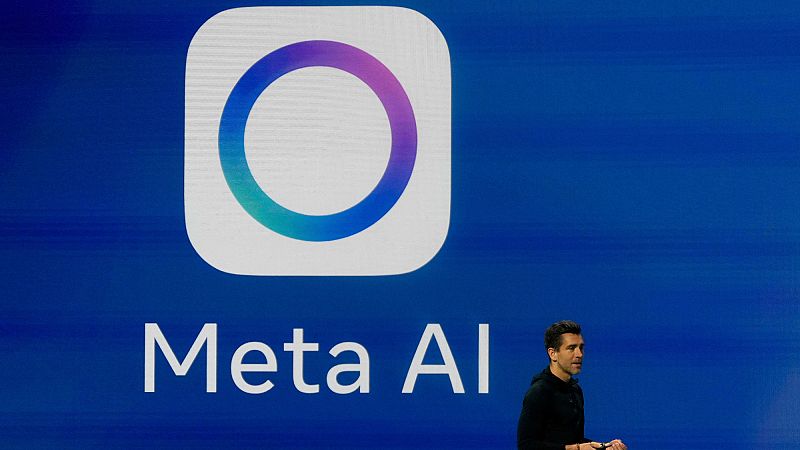Meta’s Decision to Reject EU AI Code of Practice
Meta, the US-based social media company, has decided not to sign the EU’s AI Code of Practice on General Purpose AI (GPAI). This decision was announced by Joel Kaplan, Meta’s Chief Global Affairs Officer, in a statement released on Friday. Kaplan expressed concerns that Europe is taking the wrong approach to regulating AI, stating that the European Commission’s Code of Practice for GPAI models introduces legal uncertainties for developers and includes measures that exceed the scope of the AI Act.
The Code of Practice was recently released by the Commission as a set of voluntary rules aimed at addressing transparency, copyright, and safety and security issues. It is intended to help providers of AI models, such as ChatGPT and Gemini, comply with the AI Act. Companies that sign up to the Code are expected to be compliant with the Act and may benefit from greater legal certainty. Those who do not sign up, however, may face more inspections.
The provisions of the AI Act affecting GPAI systems will come into effect on 2 August. However, it will take an additional two years before the AI Act, which regulates AI systems based on the risks they pose to society, becomes fully applicable.
OpenAI’s Commitment to the Code
In contrast to Meta’s decision, OpenAI, the parent company of ChatGPT, has stated that it will sign up to the Code once it is ready. This highlights the varying approaches among major tech companies regarding the new regulatory framework.
Criticism from Tech Giants
The drafting process of the Code has faced criticism from both Big Tech companies and CEOs of European firms. They argue that the rules require more time to implement effectively. Joel Kaplan of Meta expressed shared concerns about the potential negative impact of the Code on the development and deployment of frontier AI models in Europe. He warned that the over-reach could hinder the growth of European companies looking to build businesses around these technologies.
Approval Process and Next Steps
The Code requires approval from EU member states, represented in a subgroup of the AI Board, as well as from the Commission’s own AI Office. Member states are expected to give their approval as early as 22 July. The EU executive has also indicated that it will publish the list of signatories on 1 August.
On Friday, the Commission published further guidance to assist companies in complying with the GPAI rules. This additional support aims to clarify the requirements and help businesses navigate the new regulatory landscape.
Implications for the AI Industry
Meta’s refusal to sign the Code underscores the growing tensions between regulators and tech companies. While the EU seeks to establish a comprehensive framework for AI governance, some industry leaders believe the current proposals may stifle innovation and create unnecessary hurdles for developers. As the AI Act moves forward, the balance between regulation and technological advancement will remain a critical issue for policymakers and industry stakeholders alike.







